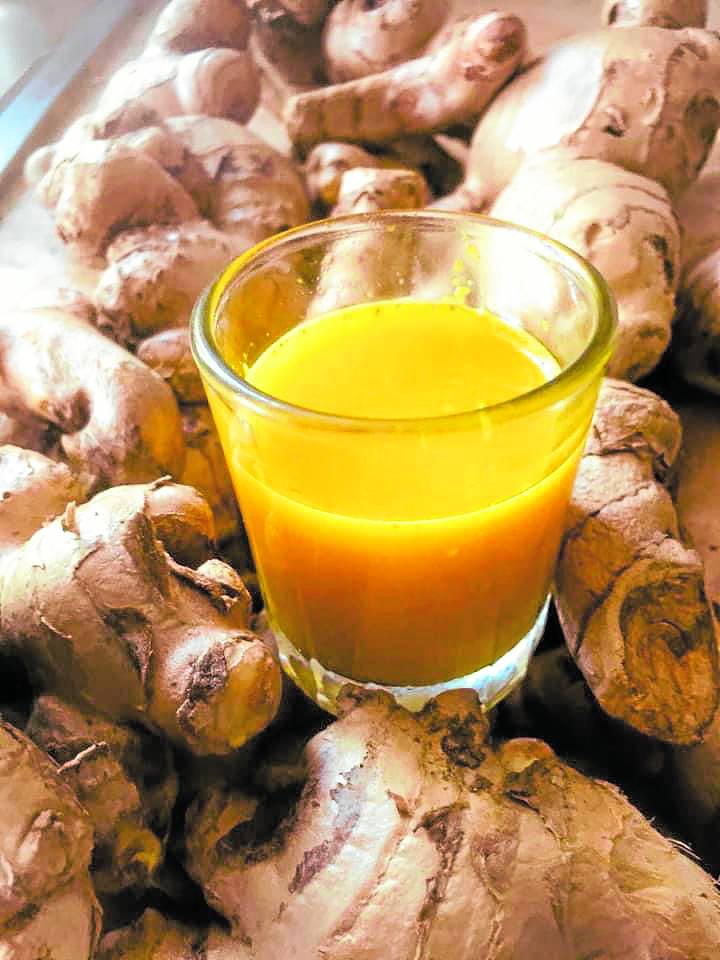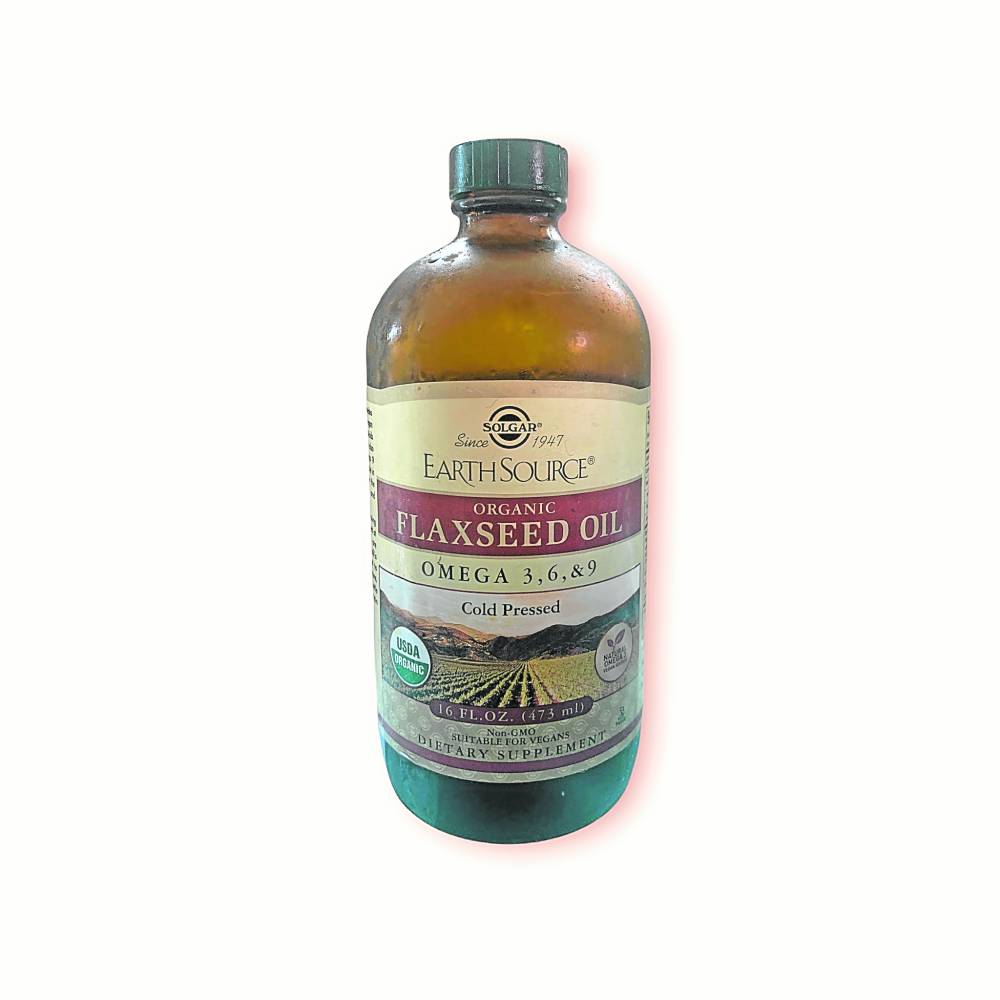Eating these can deter cancer
While COVID cases kept us isolated and afraid to go to the hospital for even our annual physical exam, another disease crept up on some of us: cancer.
Cancer is now the leading cause of death worldwide. According to the World Health Organization (WHO), cancer accounted for nearly 10 million deaths or nearly one in six deaths in 2020. The British Journal of Cancer reported that one in two men and women would be diagnosed with cancer at some point in their lives. The good news is that many cancers can be cured if detected early and treated effectively. The bad news is treatment costs are sometimes as bad as the cancer itself, reaching an average of P300,000 a month.
If you have cancer or have a family member with cancer or have family history of cancer, here are some foods mentioned by multiple sources that can supposedly help prevent or even fight cancer:
1. Apples and pears
They contain a phytochemical called phloretin that is thought to have antitumor activities. In a study, phloretin markedly induced programmed cell death (apoptosis) in nonsmall cell lung cancer cells grown in the lab. In another study, phloretin also enhanced the anticancer effect of cisplatin, a common chemotherapy drug. Phloretin may also reduce fibrosis in the lungs, such as that commonly associated with radiation therapy.
2. Berries
Blueberries, raspberries, blackberries and cranberries are all loaded with compounds known as anthocyanidins. One form, known as delphinidin, made a significant difference for mice inoculated with EGFR mutated human lung cancer cells. (EGFR is epidermal growth factor receptor, a protein found on healthy cells. When cancer cells test positive for EGFR, it means the gene contains a mutation and is sending faulty instructions to the cells, allowing cancer to grow and spread.) Dietary delphinidin in a study inhibited the growth of the tumors, limited their ability to create new blood vessels and induced cell death among the cancer cells.
3. Capers
Capers contain a compound called quercetin, a powerful antioxidant that appears to inhibit the growth of several cancers, especially cancers of the lung, brain, blood and salivary gland. Earlier studies found that in addition to inhibiting cancer cell growth, quercetin also plays a role in programmed cell death of cancer cells. Other foods rich in quercetin include dill weed, red onions, blueberries, apples, and green and black tea.
4. Carrots
Carrots contain high amounts of beta carotene, which plays a vital role in supporting the immune system and may prevent certain types of cancer, particularly breast and prostate cancer. Another analysis showed that higher consumption of carrots results in 26 percent lower risk of developing stomach cancer.
For tumors to grow and invade tissues, they supposedly must grow new blood vessels to supply the tumor (a process called angiogenesis); therefore, if the tumor is unable to create a blood supply for itself, it cannot continue to expand. Something called chlorogenic acid appears to disrupt a signaling pathway in lung cancer, which is necessary for angiogenesis to occur. Carrots, both in raw and cooked form, are a great source of the phytochemical known as chlorogenic. Other sources for this compound are flaxseed, apples, pineapples, strawberries and potatoes.
5. Cruciferous vegetables
Broccoli, cauliflower and kale contain sulforaphane, a plant compound with anticancer properties. One study showed that sulforaphane significantly inhibits cancer cell growth and stimulates cell death in colon cancer cells. Another study showed that sulforaphane, in combination with genistein, a compound in soybeans, can significantly inhibit breast cancer tumor development and size. It also inhibits histone deacetylase, an enzyme with links to cancer development.
Brocolli, cauliflower and kale—as well as brussels sprouts, radishes, oranges, lemons, grapefruit, garlic, parsley, turmeric, nutmeg, blueberries, raspberries, blackberries and strawberries—are also considered anti-angiogenic foods, meaning they are believed to slow down blood vessel growth caused by a tumor so they are recommended to be eaten in support of medical cancer treatment.
6. Flaxseed
This is actually part of the Budwig Protocol, an anticancer treatment developed by the German biochemist Dr. Johanna Budwig in the 1950s that consists of multiple daily servings of flaxseed oil and cottage cheese, as well as vegetables, fruits and juices; and disallowing processed foods, meats, most dairy products and sugar.
Some studies have shown that consuming 25 grams of flaxseed a day may reduce tumor growth in breast and prostate cancer. It can also reduce the body’s production of estrogen so its benefits have been linked to breast cancer prevention. Another study has shown that a diet rich in flaxseed appeared to protect normal cells from being damaged, while allowing or enhancing the death of cancer cells, thanks to a component called phenolic compounds (lignans). However, consult your doctor before taking this if you have a bleeding disorder or taking blood clotting drugs as it may increase risk of bleeding and bruising.
7. Ginger
It contains the compound 6-shogaol which may help prevent the development of lung cancer and may lower the risk of metastases from a cancer already present. A lab study also found that dietary ginger intake reduced the risk of lung cancer metastases.
8. Grape juice
Actually, the compound mentioned is reservatrol which is found in red wine so the recommendation here is actually for red wine, not just grape juice. Reservatrol may sensitize tumors to the effects of treatment instead of allowing them to outsmart and become resistant to treatment. Specifically with lung cancer, an intake of this nutrient may help to improve the effectiveness of common chemotherapy medications such as Taxol (paclitaxel), Platinol (cisplatin) and Iressa (gefitinib). If you already have cancer, well, here’s an argument for your doctor to allow you to have a glass of wine! If the doctor cannot allow it, red grape juice also contains reservatrol. Other sources are blueberries and dark chocolate.
However, limit your wine consumption to just one glass or at the most, two glasses a day as the WHO has also linked excess alcohol consumption (whether wine, whiskey, beer or other alcoholic beverage) to an increase in cancer risk, saying it is “one of the major modifiable risk factors for the disease, causing seven of every 100 new breast cancer cases in the [European] Region.” Estimates from the International Agency for Research on Cancer claim that in 2020, alcohol consumption was responsible for almost 40,000 new breast cancer cases in Europe while 100,000 of 2 million new breast cancer cases globally were attributed to alcohol consumption.
9. Green tea
Lab studies have shown that green tea compounds such as theaflavin and epigallocatechin-3-gallate potentiate the effect of the chemotherapy drug cisplatin, which is often used to treat lung cancer. In one part of the study, the effectiveness of cisplatin in eliminating cancer cells was increased by a factor of seven. Note, though, that green tea has caffeine so if you are sensitive to caffeine, you might want to consider a caffeine-free variety. Also, go for its purest form, not the bottled type that is loaded with sugar and defeats the purpose of having green tea to begin with.
10. Salmon and other fatty fish
In a study for nonsmall cell lung cancer containing EGFR mutation, it was found that vitamin D, which is found in fatty fish such as salmon, mackerel and herring, inhibited the growth of lung cancer cells. Vitamin D can be absorbed outside, from the sun.
Another study found that people whose diets were high in fresh water fish had a 53 percent lower risk for colorectal cancer than those low in fresh water fish; and people who consumed fish oil supplements at least four times a week were 63 percent less likely to develop colon cancer than those who did not.
11. Tomatoes
They contain lycopene, a potent compound for both reducing the risk of cancer and fighting it as it inhibits the growth of tumors, interferes with the process in which lung cancer cells divide, inhibits the spread of cancer, and assists in ridding the body of cancer cells through apoptosis. Lycopene also has anti-inflammatory properties that may help lessen both the promotion and progression of lung cancer.
12. Turmeric

Extracts of ginger, turmeric, lemon/calamansi, raw honey at Van Gogh is Bipolar. —Photo from Facebook page of Kuya Robert’s Healing Journey
Turmeric, the spice that gives curry its yellow color, contains the compound curcumin, which appears to have antioxidant, anti-inflammatory and immune stimulatory effects in addition to facilitating cell death in cancer cells. It has also been found in several studies to inhibit the invasive ability of lung cancer cells. Curcumin may also work to make tumors more sensitive to the effects of treatment with chemotherapy and radiation therapy, especially with medications such as the common lung cancer chemotherapy drug cisplatin.
These are 12 foods that can hopefully help you and your loved ones avoid or be cured of cancer. Always serve with a prayer for good health. Prayer has a compound called gratitude that also works wonders in cancer prevention and cure. Faith is also a potent compound for miraculous healing. So always pray!


